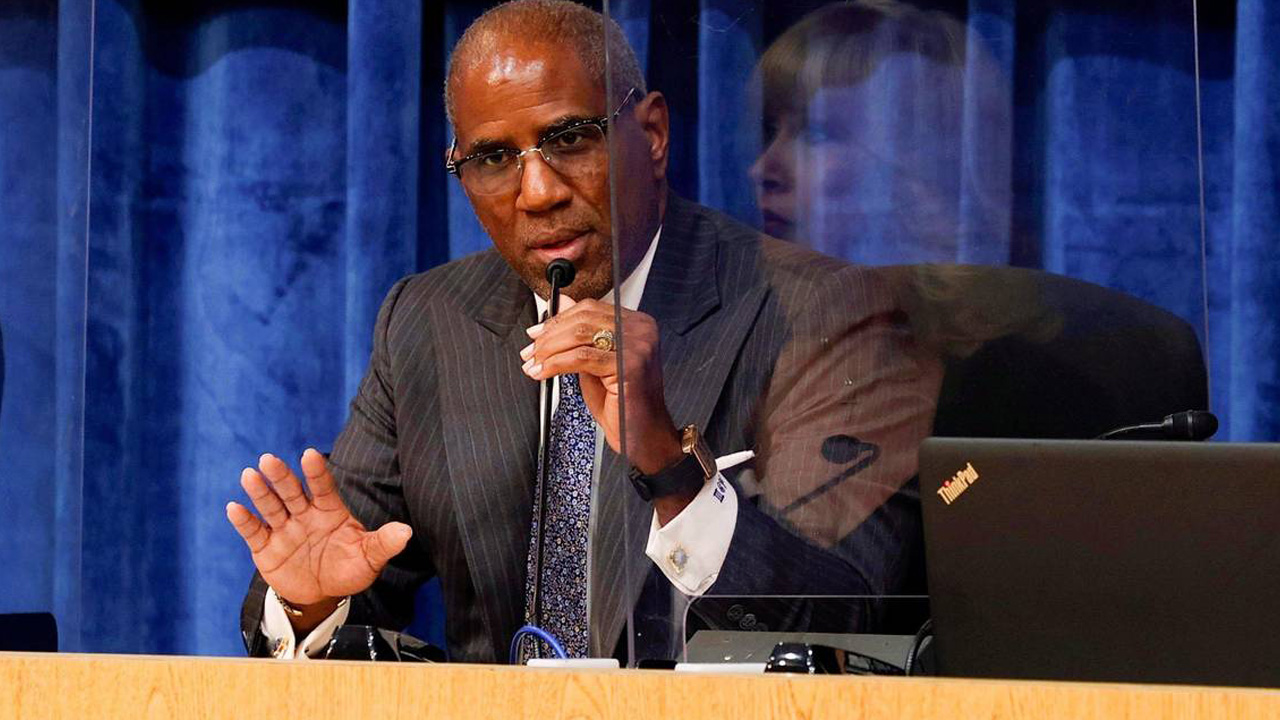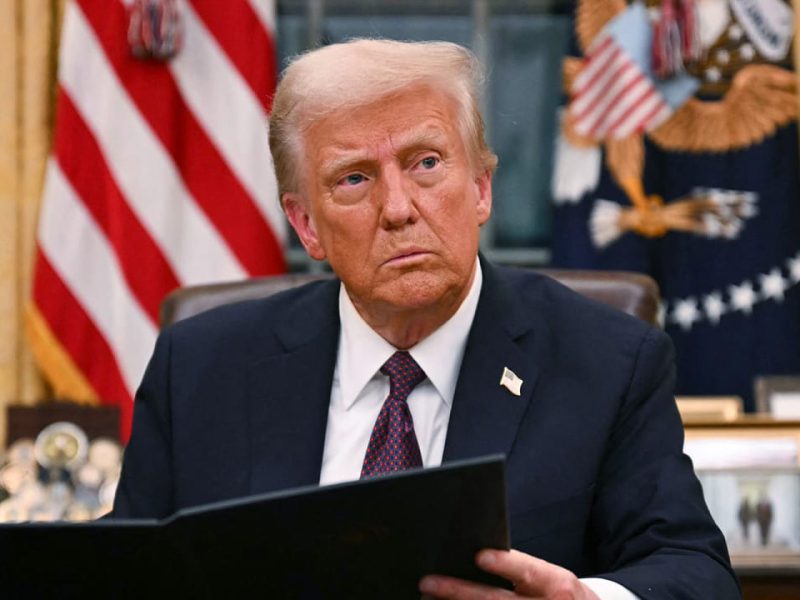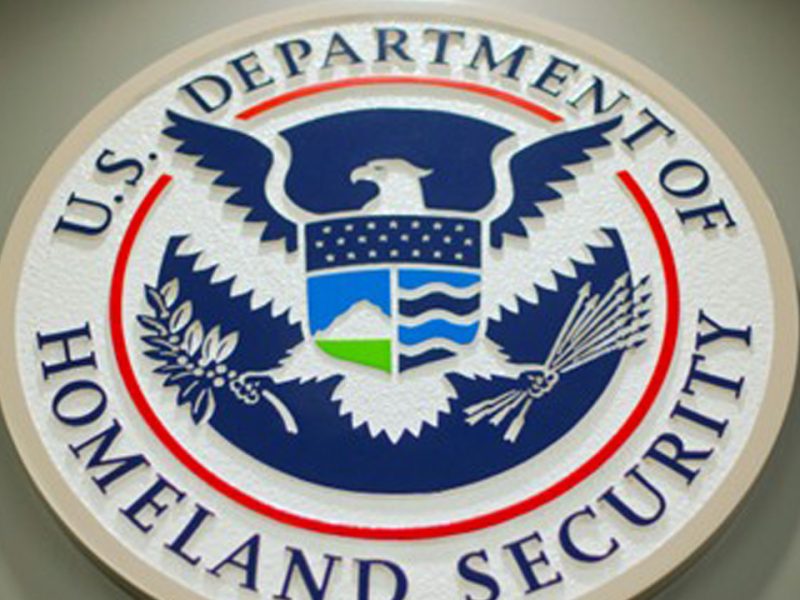
‘Potential for exploitation’: Miami-Dade wants rules for student athletes who get endorsements
Miami Herald | By Clara-Sophia Daly | June 20, 2024
The Miami-Dade School Board asked the school district on Tuesday to figure out how to implement a new and revolutionary state rule that allows high school athletes to make money in a way that ensures they won’t be exploited.
The move comes a few days after the Florida High School Athletic Association — the governmental arm that regulates all high school sport activities in the state — allowed students on June 4 to benefit from their “name, image and likeness,” also known simply as NIL.
The item was introduced by board member Dr. Steve Gallon III. It asks the superintendent of schools Dr. Jose L. Dotres to review the new rules and figure out how they will be implemented in the district, as well as if any amendments need to be made to existing policy. A working group will be established to provide a plan for implementation in the district.
In early June, The Florida High School Athletic Association unanimously approved changes to their bylaws which allow students to benefit from their name, image and likeness. Florida joined states like California, Georgia and more than 30 others that have adopted similar NIL rules for high school athletes. The change allows student-athletes and their parent or guardian broker NIL deals outside of the school, district or FHSAA. It also permits student-athletes to hire a registered agent specifically “for the purpose of advising on NIL related matters,” according to the FHSAA bylaws.
Gallon says that right now the law is just “out there with no guidance,” and he is concerned that some families are receiving false promises and misinformation relating to their children benefiting from their name, image, and likeness.
“I think the notion of compensating high school students brings a great degree of concern for the potential for exploitation,” said Gallon.
He says he is concerned that some parents may not have the support, knowledge, and resources to navigate decisions regarding their children benefiting from their fame.
The law allows athletes to make business arrangements only if they do not use the school’s name.
But nonetheless, Gallon says parents may chose one school over another based on the likelihood of gaining business opportunities.
“Maybe a parent would choose one particular high school because they feel like at that high school there might be more opportunities for them to make money,” said Gallon.
He is hopeful that with the passage of this item, there will be a greater sense of clarity on how parents, athletic directors, athletes, and school administrators will be impacted – and how they can follow the new rules.
But even school board member and FHSAA president Monica Colucci recognized that this rule takes Florida into “new territory” when the rules were passed in early June.
“There are going to be hesitations,” Colucci told the News Service of Florida. “We are going to feel nervous. But I do really believe that this is going to put us on par with the rest of the country.”
The law already has local coaches and athletic directors concerned.
Miami Jackson High football coach Max Edwards told the Herald in an earlier interview that the new bylaws were just a bad idea.
“I think it’s one of the stupidest rules that they ever came up with,” he said, citing the poor pay of Florida high school football coaches. “They’ll make more than the coaches!”
Andre Williams, the athletic director at Northwestern Senior High School says he foresees the new law being challenging to implement, and that he looks forward to future guidance.
“It’s not clear yet how the law will play out; we are still trying to get some direction on that.”





